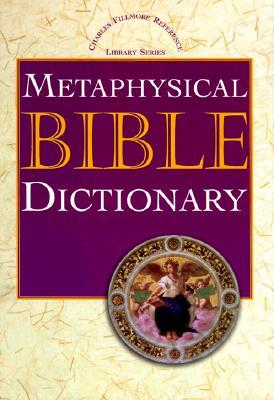Base12
Well-Known Member
- Messages
- 149
- Reaction score
- 84
- Points
- 28
Look at Genesis...
Genesis 2:7
"And the LORD God formed man of the dust of the ground, and breathed into his nostrils the breath of life; and man became a living soul."
Most people have no idea in the world what the above verse is teaching.
'Dust' is symbolic of Nitrogen Bases. Fertilizer. Seven. Shmita. Nitrogen Cycle. We return to Dust. We become Worm Food. We become Fertilizer. Get it?
Dust is symbolic of Seed...
Genesis 13:16
"And I will make thy seed as the dust of the earth: so that if a man can number the dust of the earth, then shall thy seed also be numbered."
Thus, God created a GENOME out of the Dust. The Genome is in a Deep Sleep.
God then places the Spirit of Adam into the Genome. Now it is a Living Soul. Get it? It is a Genome that has been quickened.
THERE IS NO BODY YET!!! <- That is what no one can see yet.
The couple were naked, as in NO BODY.
The whole point of the two trees were to choose a Body.
*) Tree of Life = Clothed with a Heavenly Tabernacle Body.
*) Tree of Knowledge of Good and Evil = Clothed with an Earthly Tabernacle Body.
2 Corinthians 5:4
"For we that are in this tabernacle do groan, being burdened: not for that we would be unclothed, but clothed upon, that mortality might be swallowed up of life."
The Tabernacle is the Zygote you were conceived into. Remember? Body = Temple?
2 Corinthians 5:2
"For in this we groan, earnestly desiring to be clothed upon with our house which is from heaven"
God 'clothed' the couple with an Earthly Tabernacle of skin and flesh...
Job 10:11
"Thou hast clothed me with skin and flesh, and hast fenced me with bones and sinews."
Again, the Tabernacle is symbolic of a Zygote.
Genesis 2:7
"And the LORD God formed man of the dust of the ground, and breathed into his nostrils the breath of life; and man became a living soul."
Most people have no idea in the world what the above verse is teaching.
'Dust' is symbolic of Nitrogen Bases. Fertilizer. Seven. Shmita. Nitrogen Cycle. We return to Dust. We become Worm Food. We become Fertilizer. Get it?
Dust is symbolic of Seed...
Genesis 13:16
"And I will make thy seed as the dust of the earth: so that if a man can number the dust of the earth, then shall thy seed also be numbered."
Thus, God created a GENOME out of the Dust. The Genome is in a Deep Sleep.
God then places the Spirit of Adam into the Genome. Now it is a Living Soul. Get it? It is a Genome that has been quickened.
THERE IS NO BODY YET!!! <- That is what no one can see yet.
The couple were naked, as in NO BODY.
The whole point of the two trees were to choose a Body.
*) Tree of Life = Clothed with a Heavenly Tabernacle Body.
*) Tree of Knowledge of Good and Evil = Clothed with an Earthly Tabernacle Body.
2 Corinthians 5:4
"For we that are in this tabernacle do groan, being burdened: not for that we would be unclothed, but clothed upon, that mortality might be swallowed up of life."
The Tabernacle is the Zygote you were conceived into. Remember? Body = Temple?
2 Corinthians 5:2
"For in this we groan, earnestly desiring to be clothed upon with our house which is from heaven"
God 'clothed' the couple with an Earthly Tabernacle of skin and flesh...
Job 10:11
"Thou hast clothed me with skin and flesh, and hast fenced me with bones and sinews."
Again, the Tabernacle is symbolic of a Zygote.



